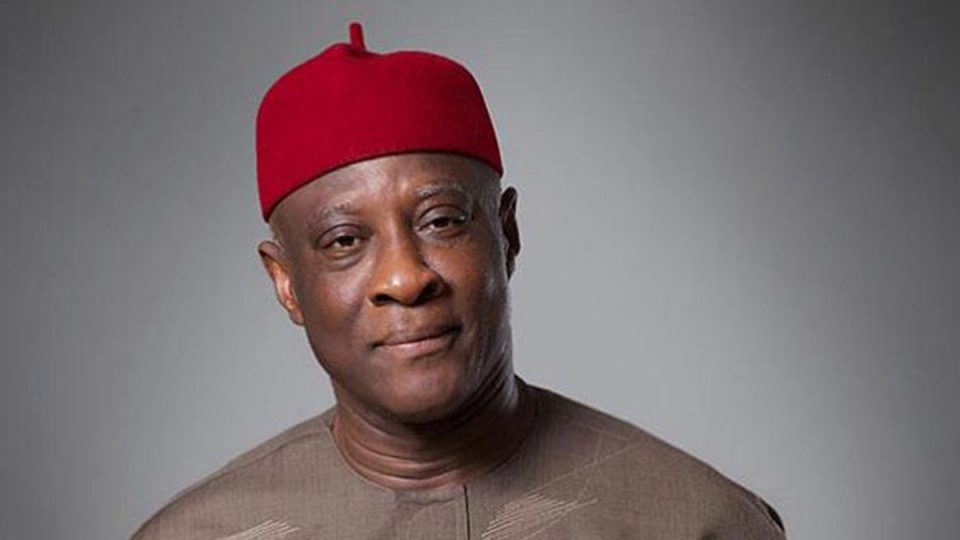Reduction in forex has no impact on petroleum pump price – Expert
By Yunus Yusuf
An Oil and Gas expert, Chief Emmanuel Iheanacho, says the improvement observed in the value of the naira, would not bring about an automatic reduction of petroleum pump price.
Iheanacho, Chairman, Integrated Oil and Gas Ltd, said in an interview with the Business Intelligence (TBI Africa) on Tuesday in Lagos.
He said that the clarification became necessary against the back drop of the ongoing insinuations that the reduction in forex would reflect on sales of pump price of petrol.
According to him, this is because the price of gasoline at the pumps is not fully determined by market mechanisms such as exchange rate parities among others.
“Regardless of the landing cost of petrol in Nigeria, the current pump price is dictated by government or the Nigerian National Petroleum Company Ltd., fiat.
“As a result, there is currently a huge disparity between petrol product landing cost and the pump selling price”.
He explained that the disparity constituted the apparent subsidy which continued to be paid on account of each litre of petrol consumed in the country.
“This situation would continue to subsist until the market is fully deregulated and liberalised.
“The pump price is stagnant because it is not subjected and responsive to market factors such as exchange rate parities,” he added.
The oil expert noted that other relevant factors which would have a bearing on the responsiveness of pricing would include the market condition.
”And these include if the market was freely competitive or not, if there is a dominant entity playing in the market who is exercising the power of monopoly.
He further noted whether other factors such as supply volumes truly dictated by demand, is forex equally available to all downstream traders?
“These factors inclusively interact in the trade to engender the necessary up and down movements in the pump price of petrol.
On pricing differentials between the various downstream traders, Iheanacho said this could be charged to each marketers market supply and distribution cost structures after the receipt of product allocations from the NNPCL.




